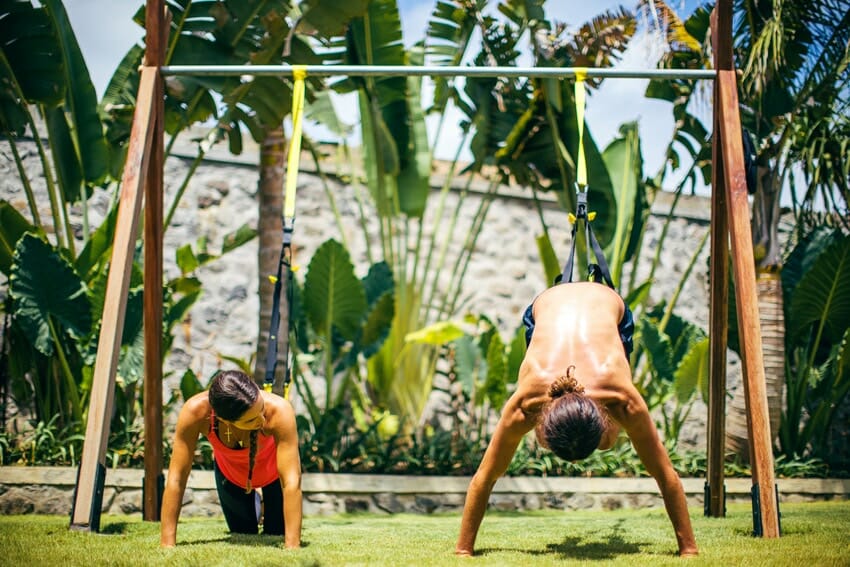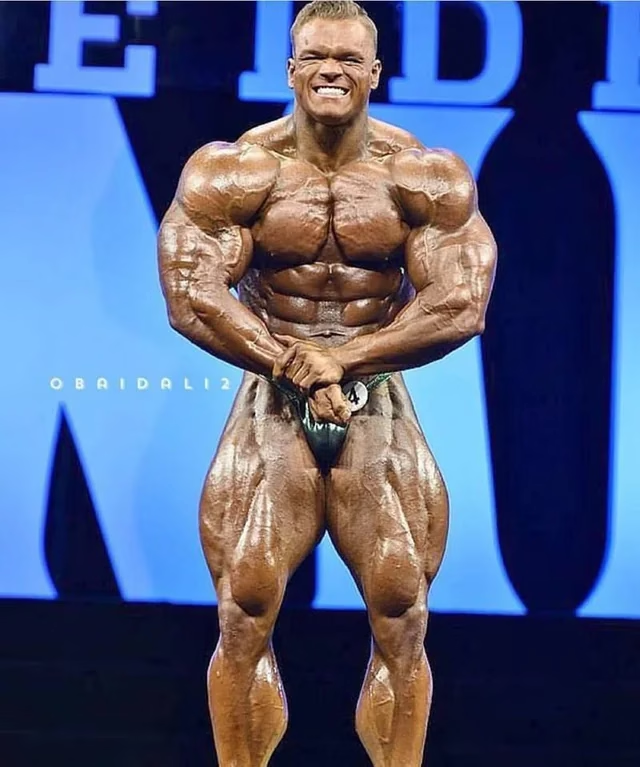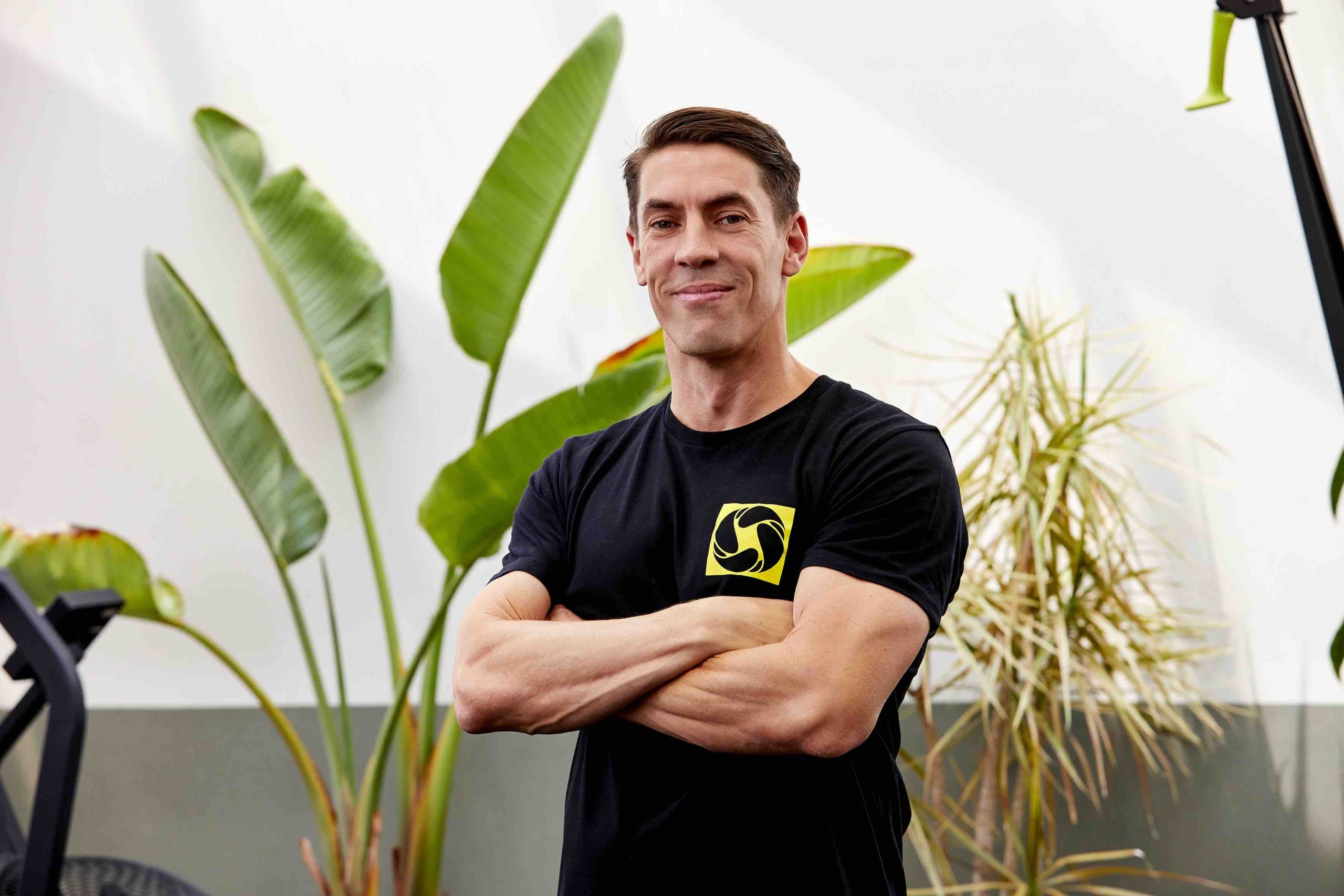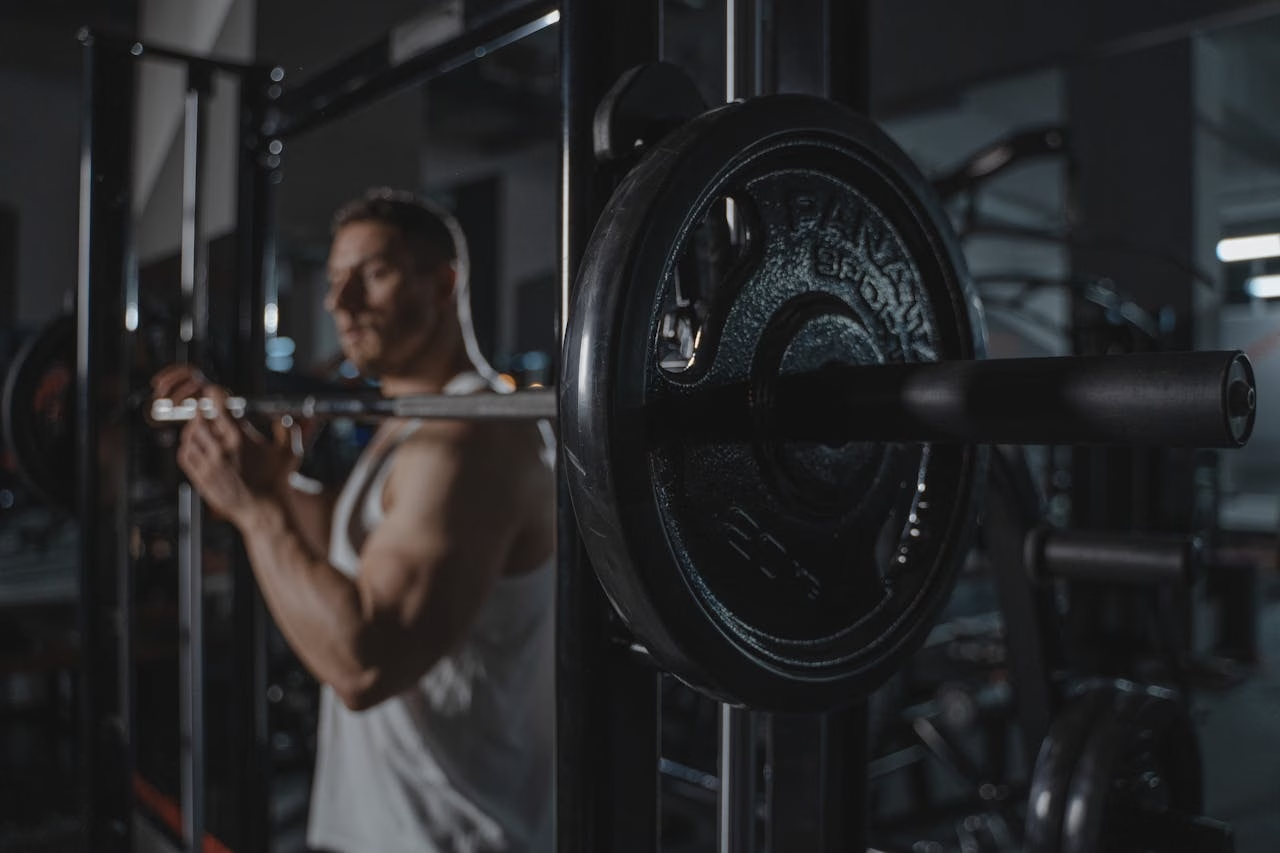Is your chest workout not yielding the desired results? Remember, the key to a successful chest workout is not just about performing the same exercises over and over again. Instead, it’s about the right techniques, consistency, and, of course, variety. If you want to pump up your chest, here are a few rules you need to keep in mind.
Balance with Rows
Think of your body as a delicate ecosystem, each part relying on the other for stability and growth. Bent-over and dumbbell rows are your answer to building upper back muscles, thereby achieving a balance with your pecs. When it comes to muscle development, your body is smarter than you think. If it senses an imbalance – say, your pecs are getting ahead of your upper back – it halts further development to maintain equilibrium. In essence, you need to work just as hard on your back as you do on your chest to ensure continuous, balanced muscle growth.

Remember my friend, John? He had been focusing intensely on his chest workouts, hoping to get those impressive pecs. However, he neglected his back muscles. The result? His chest muscle growth stagnated. After consulting a professional, John started incorporating rowing into his workout routine. The difference was noticeable within weeks. His chest seemed fuller, his posture improved, and the pecs? They started growing again!
Embrace Suspended Flys
It’s time to bid farewell to the traditional bench routine. Instead, try suspended flys. Gymnastics rings or suspension trainers like TRX offer a fantastic alternative to standard dumbbell flys. With these, you’re moving your body weight through space, which activates more pec fibres compared to just lifting dumbbells. Remember, every tiny muscle fiber in your chest contributes to the overall size and strength. Activating more of these can make a significant difference to your results.
Opt for a Shallower Angle
If your chest workouts primarily consist of incline or decline presses, it’s worth reassessing the angle at which you’re performing these exercises. Many gym-goers use steep angles, which inadvertently transfers the stress of the exercise to their front delts and even their shoulder joints, which could lead to injuries.
To work your pecs more safely and directly, opt for a shallower angle of about 20-25 degrees. This small change can drastically reduce the risk of injuries while ensuring your pecs get the workout they deserve.
Mastering the Art of Benching
Finally, let’s touch on the cornerstone of chest workouts – bench pressing. A successful bench press involves more than just pushing the bar up and down. It’s about technique, engagement, and control.
As you bring the bar down, flare your lats, giving you the power to pull the bar down to your chest, rather than letting it drop. Envision bending the bar by rotating your wrists outward, similar to how you would snap a twig. This rotation doesn’t just work your chest but also engages other supporting muscles, allowing you to generate more force for those maximum heavy lifts.
Take it from a former world record-holding powerlifter who shared his secret with me. He said, “The bench press isn’t just a chest exercise, it’s a full-body workout.” These words ring true even today.
Remember, a successful chest workout isn’t just about the variety of exercises but also about how you execute them. Incorporate these tips into your workout, and you’ll notice a significant difference in your chest development. So get ready to pump up your chest like never before!




